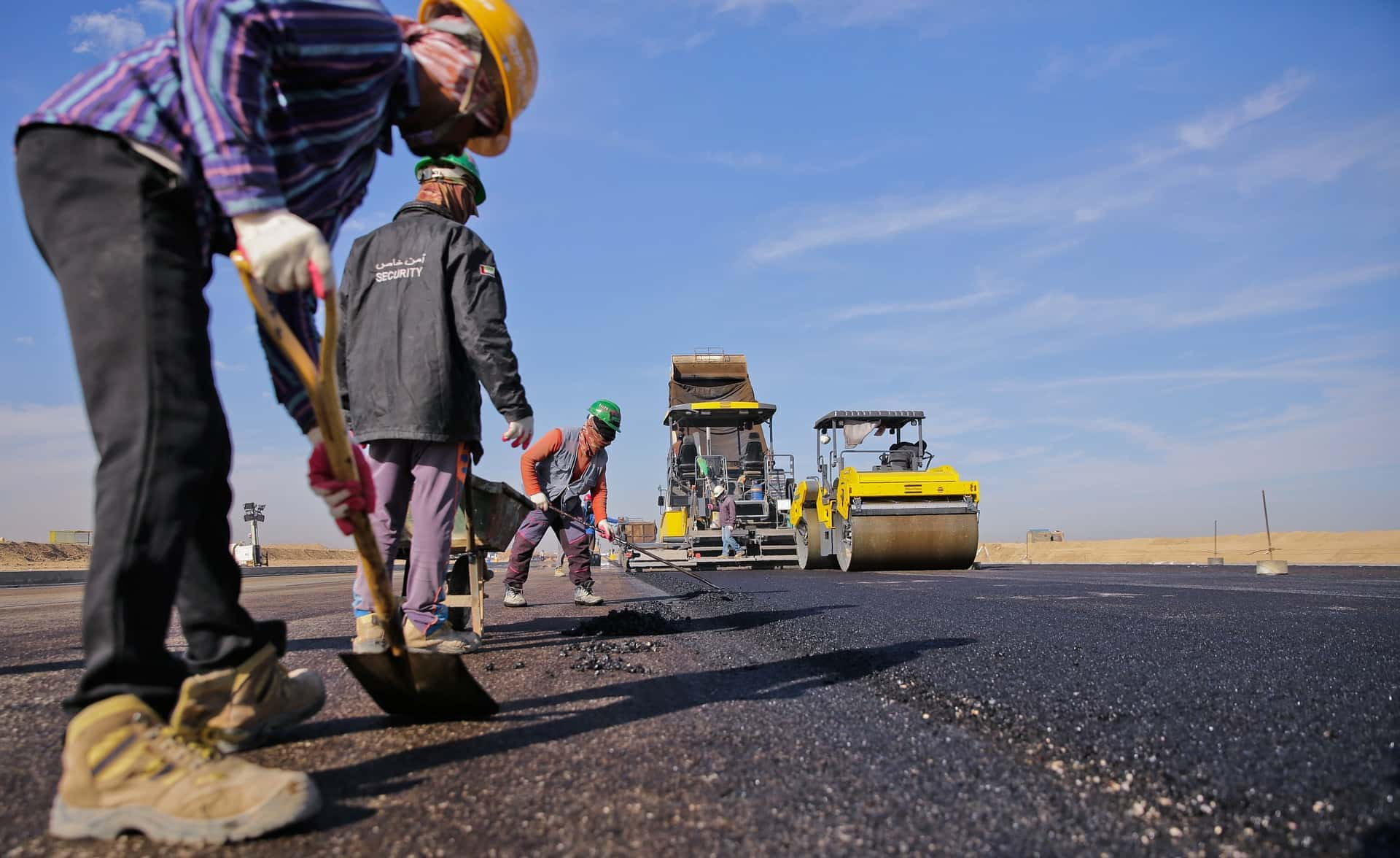
INDIANAPOLIS—There could soon be cameras in some work zones across Indiana to catch drivers going too fast.
On Tuesday, a state Senate committee passed a bill that would do just that.
Drivers’ penalties would arrive at their home by mail, the bill says.
“This would create a pilot program to put speed cameras in occupied work zones. The burden would be on the state to make sure there are occupied work zones,” said State Sen. Jon Ford, a Republican from Terre Haute.

Ford says the Indiana Department of Transportation (INDOT) could have up to four pilot program locations with speed cameras on interstates.
“It would catch a picture of your license plate and then would mail you a civil penalty with a picture of your license plate,” Ford said.
The bill says the drivers would get the penalty for traveling 11 mph over the work site’s speed limit.
According to INDOT, in 2018, police data showed that 14 people died and more than 650 were injured in crashes in highway work zones.

from twitter
“For us, it is about going out, doing a day’s work and going home in the evening. It’s about we’re strictly family men. We want to go home. We want to see our kids when we get home. It is A-1 important that we slow people down, to slow down the risk of workers getting hit,” said David Frye of the Indiana Laborers District Council.
Before the committee advanced the bill in a 7-2 vote on Tuesday, some lawmakers voiced concerns with the proposal.
“I just hate that our government is watching us all the time and is going to now start mailing a ticket to us,” said Sen. Phil Boots, a Republican from Crawfordsville.
Boots said a speeding ticket once got mailed to him with a picture of a semi with an Iowa license plate that matched his Indiana plate.
“I don’t think the machine is the right way to go,” Boots said. “I think we need personal interaction so that I know I can identify you with your driver’s license. I can identify you as a face-to-face individual as opposed to just take a picture of a license plate and saying, ‘Here’s a ticket.’”
The full Senate could advance the measure early next week.


